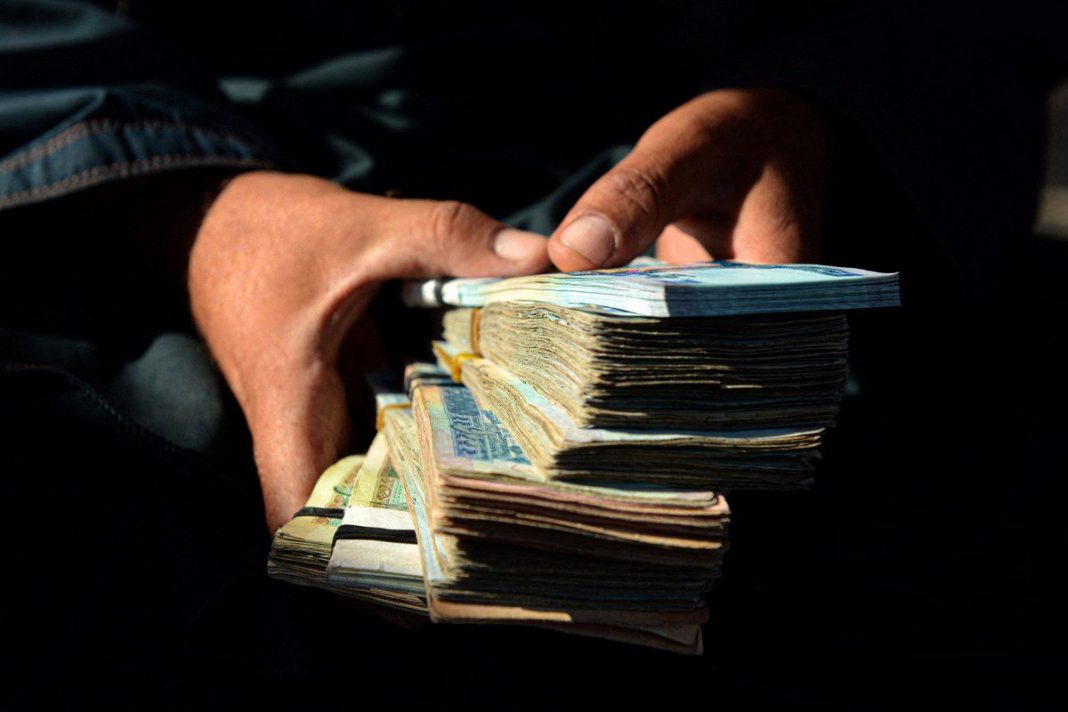Speaking at the sixth summit of the Conference on Interaction and Confidence-Building Measures in Asia (CICA) in Astana on Thursday, Putin said that “to normalize the situation on the territory of Afghanistan, of course, it is necessary to jointly promote its economic growth.”
“But first of all, we strongly urge [the US] to compensate for the damage caused to the Afghans during the years of occupation and unfreeze the illegally blocked Afghan funds,” Putin stressed.
He expressed regret over the fact that Afghanistan “remains one of the most pressing security challenges for our region.”
“[My] colleagues already spoke about this today. After more than 20 years of the US and NATO military presence and the failure of their policies, the country has turned out to be unable to independently solve problems related to terrorist threats,” the Russian president continued.
He added that in order to improve the security situation in Afghanistan, it would be useful to turn to the Shanghai Cooperation Organization (SCO) and its regional antiterrorist structures. Speaking of terrorism, Putin recalled the explosion at the Russian embassy in Kabul and a series of “continuous bloody terrorist attacks” in Afghanistan.
In February, US President Joe Biden signed an executive order to freeze $7 billion worth of Afghan Central Bank assets held by US lender organizations.
The Taliban took power in Afghanistan in August, 2021, triggering the collapse of the US-backed government and accelerating the American troop pullout. On August 31, 2021, US forces completed their withdrawal from the South Asian country, ending their 20-year-long military presence there.
